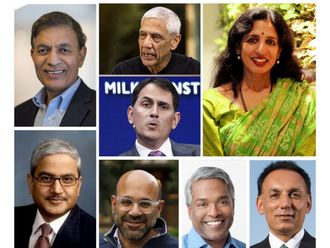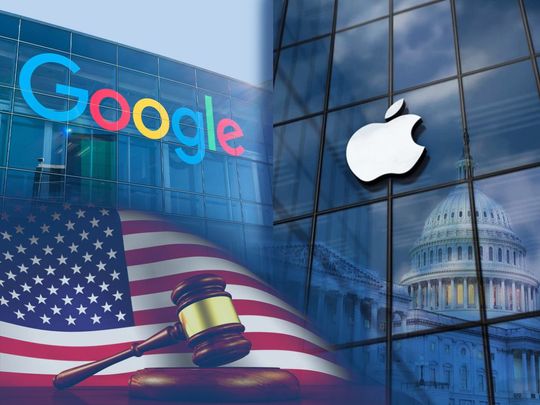
In 1984, the legendary US judge, Harold Greene, made a landmark decision by breaking AT&T’s monopoly of the US telecommunications industry.
AT&T hired the best lawyers in town to fight the "antitrust" case. They lost.
The judge threw the book at them, specifically the Sherman Antitrust Act (passed in 1890). It meant the end of the AT&T party: the US government went on to break up "Ma Bell" (nickname of AT&T) into seven smaller “Baby Bells”. Phone monopolies around the world then fell like a house of cards.
That’s more or less the pre-web-era backstory of the current move by the US Department of Justice (DOJ) to break the monopoly of Google (Alphabet), a $2.119-trillion search-engine-adtech-browser behemoth, and Apple, the $3.47-trillion hardware-software-services giant.
Triump of capitalism
It’s the tale of capitalism’s triumph — a self-regulating, ever-adapting force that ultimately outmanoeuvres even the colossal giants it occasionally births.
The US legal actions against the two are "antitrust" cases. Now, the dominance of Google (in search, advertising technology, and browser/Android ecosystem) and Apple (and its digital "ecosystem") will go through the legal meat grinder, in what is considered to be the antitrust trials of the decade.
What is an antitrust, and do DOJ lawyers really have a case against these Big Tech icons?
Apparently, they do. So it turns out while the wheels of justice turn slowly — they grind exceedingly fine.
Monopoly ruling
Google has already been declared a "monopoly" under US laws.
That's a breakthough: In August, Washington D.C. Federal District Court Judge Amit P. Mehta ruled that Google violated federal antitrust laws by illegally maintaining a monopoly in online search and search text ads.
OK, but what's Apple got to do with it?
Here's one: Google had paid Apple billions of dollars to be the default search engine in Safari. In 2021 alone, Google paid Apple over $26 billion to remain the default search option. (Google also had the same deal with Samsung and Verizon).
Could their dominance in multiple areas across interlinked digital domains finally come to an end?
DOJ’s actions against Google (5 things to know)
#1. “Trifecta” of monopolies:
In a landmark decision in August 2024, following a 10-week trial, a US judge ruled that Google is an illegal monopoly, i.e. that it has illegally cornered the market in online search. The judge found that the search engine giant broke the law to maintain its monopoly on online search.
The elements identified in the so-called "trifecta" (three interconnected elements/actions/issues that together create a significant advantage or impact in a case or situation) identified are:
(a) Search engine monopoly:
Google controls approximately 90 per cent of the search engine market in the United States, ensuring that its search engine remains the default option on most devices. The DOJ argues that this dominance stems from anti-competitive practices, including exclusive agreements with companies like Apple to make Google the default search engine on iPhones and other devices.
(b) Advertising Technology (Ad Tech):
Google’s advertising dominance spans the entire ecosystem — from tools for publishers and advertisers to its auction marketplace. This "vertical integration" allows Google to control ad pricing and placement while prioritising its own services, disadvantaging competitors in ad tech.
(c) Browser and Android ecosystem monopoly:
Through its Chrome browser and Android operating system, Google leverages its dominance to maintain a feedback loop that prioritizes its own apps and services. The DOJ claims this practice restricts competition and secures Google’s preeminent access to consumer data.
These interconnected monopolies enable Google to protect and expand its market power by reinforcing each domain, making it difficult for competitors to gain ground.
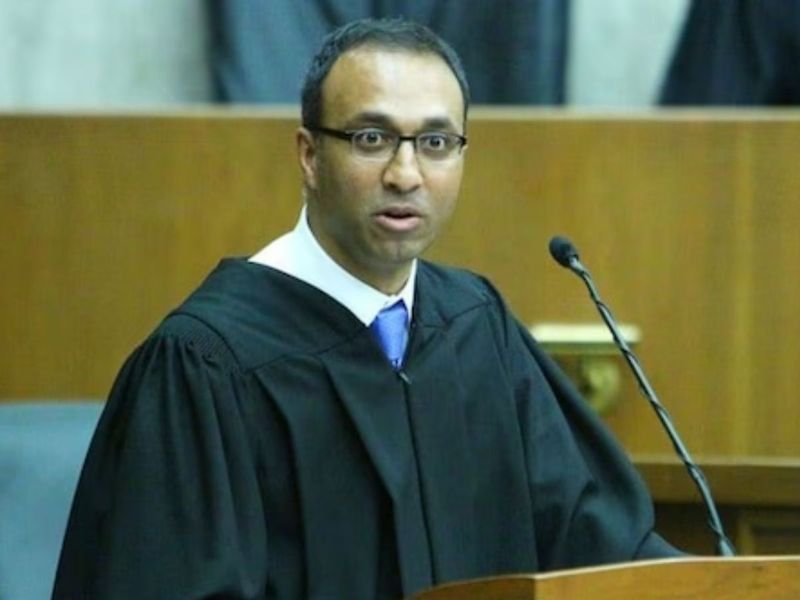
Google is a monopolist and it has acted as one to maintain its monopoly.
#2. Squeezing online publishers and advertisers:
On September 9, 2024, the US Department of Justice has argued in a Virginia federal courtroom that Google hasn’t just illegally cornered the market in search — it’s squeezed online publishers and advertisers with a “trifecta” of monopolies that have harmed virtually the entire World Wide Web. Google’s advertising division controls more than a quarter of US digital ads.
This is a nearly 25 per cent spike from 2021, when Google’s ad revenue in the US was about $62 billion.
The long-awaited Google-DOJ showdown focuses on the $31 billion portion of Google’s ad business that matches website publishers with advertisers.
This “stack” of technologies determines what banner ads appear on countless sites across the web.
#3. Breaking anti-trust law:
DOJ attorneys — along with 17 states — are trying to convince a federal judge that Google broke US antitrust law with its powerful advertising business. The high-stakes trial could reshape the basic economics of running a website.
"Antitrust" are US laws that were passed to fight against "trusts" (big US businesses that used a legal structure in the 1800s, called a "trust", to combine and control entire industries) and similar practices that limit competition.
Born in Gujarat, in 1971, Mehta immigrated to the US with his family as an infant. Raised in Maryland, he later earned degrees in Political Science and Economics from Georgetown University and a Juris Doctor from the University of Virginia School of Law.
His decision marks a seismic moment in antitrust history, stemming from the United States’ most significant legal battle against a tech giant in decades.
The ruling also kicks off debates over regulatory oversight of big tech and how to balance innovation with fair market practices.
Judge Mehta’s judgment not only challenges Google’s stranglehold on the digital ecosystem but also underscores the importance of fair competition in fostering innovation. The case implications reverberating far beyond US borders.
#4. Anti-competitive mergers:
The US government under President Joe Biden filed a lawsuit in 2023, which claims Google has used anticompetitive mergers, self-dealing and auction manipulation to reduce competition and cement its dominance, resulting in higher prices for publishers and advertisers.
DOJ lawyers said that Google's interlocking advantages create barriers that limit competition, limiting choice for both consumers and advertisers.
#5. Google's defence:
Google's defense in the US Department of Justice (DOJ) antitrust case centres on claims that its market dominance stems from the quality and popularity of its services, not anti-competitive practices. Its key arguments:
Consumer choice: Google contends its products, including search and ad services, are used widely because they are efficient, affordable, and user-friendly, not because users are coerced.
Competitive environment: Google argues the digital advertising space remains competitive, with many alternatives available for advertisers and publishers.
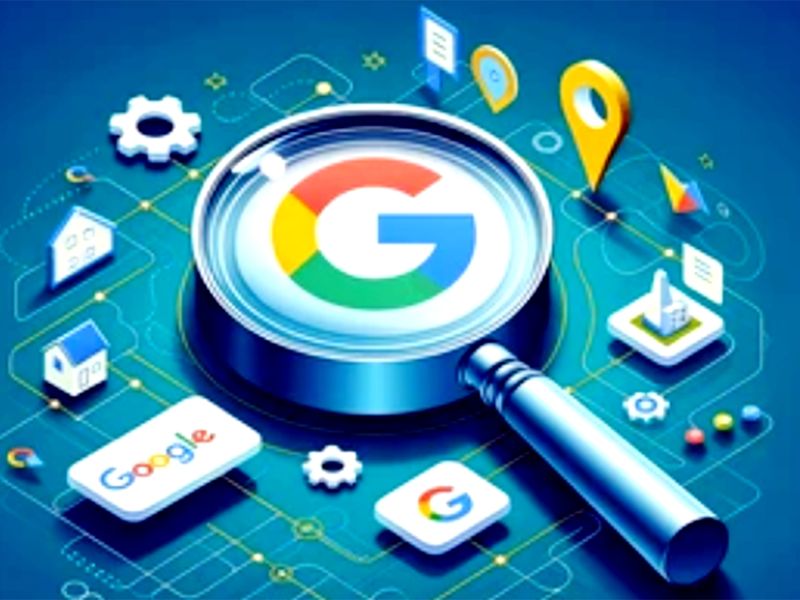
Consumer benefits: The company highlights that its services, such as free search and maps, offer value to users and efficiency to advertisers through integrated solutions.
Criticism of remedies: Google opposes DOJ proposals, like the breakup of its services, calling them extreme and potentially harmful to innovation and user experience.
Standard industry practices: Google defends its ad auction methods as industry norms that benefit publishers and streamline processes.
Challenge to evidence: Google disputes DOJ evidence, claiming it misrepresents internal communications and motives. Google emphasises that its practices foster innovation, benefiting both users and advertisers. It argues that regulatory actions could harm consumers and the broader tech ecosystem.
What happens next?
Judge Mehta is poised to make a pivotal ruling in 2025.
The move could reshape the future of Google’s monopoly over digital markets. With his upcoming decision, Mehta is set to address what the DOJ describes as Google’s "trifecta" of mutually-reinforcing monopolies — its dominance in search, advertising, and its Chrome browser.
These interlocking advantages create barriers that decimate competition, limiting choice for both consumers and advertisers.
• An "antitrust lawsuit" is a lawsuit filed under the antitrust laws designed to prevent businesses from acting in ways that limit competition.
• It’s a case filed against a company for unfair business practices that hurt competition, a legal doctrine that goes back more than 100 years.
• Trusts: In the late 1800s, big businesses used a legal structure called a "trust" to combine and control entire industries. This essentially gave them a monopoly, stifling competition and harming consumers.
• Antitrust: Laws were passed to fight against these trusts and similar practices that limit competition. These became known as "antitrust laws."
• Lawsuit: A lawsuit is a legal case brought against someone who is accused of wrongdoing.
• The Sherman Act, the Federal Trade Commission Act, and the Clayton Act are the three main laws in the history of US antitrust regulation.
DOJ’s actions against Apple (5 things to know)
Here are the five key points regarding the DOJ’s actions against Apple:
#1. Antitrust allegations on App Store practices:
The DOJ, along with several state attorneys general, has accused Apple of illegally maintaining a monopoly on the iPhone market by restricting competition.
The DOJ accuses Apple of leveraging its control over the App Store to enforce monopolistic practices, including imposing a 30 per cent commission on many transactions and restricting competing app stores and payment systems. This has drawn criticism from companies like Epic Games, Spotify, and Match Group.
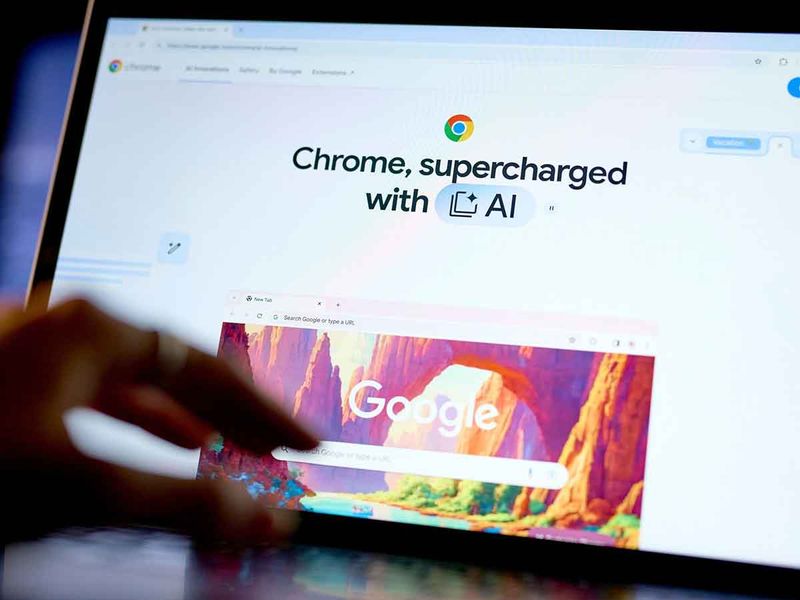
#2. Restrictive ecosystem:
Apple is alleged to maintain its dominance through its “walled garden” approach, which limits interoperability. For example, Apple’s restrictions make it challenging for non-Apple devices to integrate seamlessly with its “ecosystem”, affecting apps, messaging, and even hardware like smartwatches.
Apple also blocks third-party payment systems, limits cloud streaming services, and hindering interoperability with non-Apple devices like Android phones.
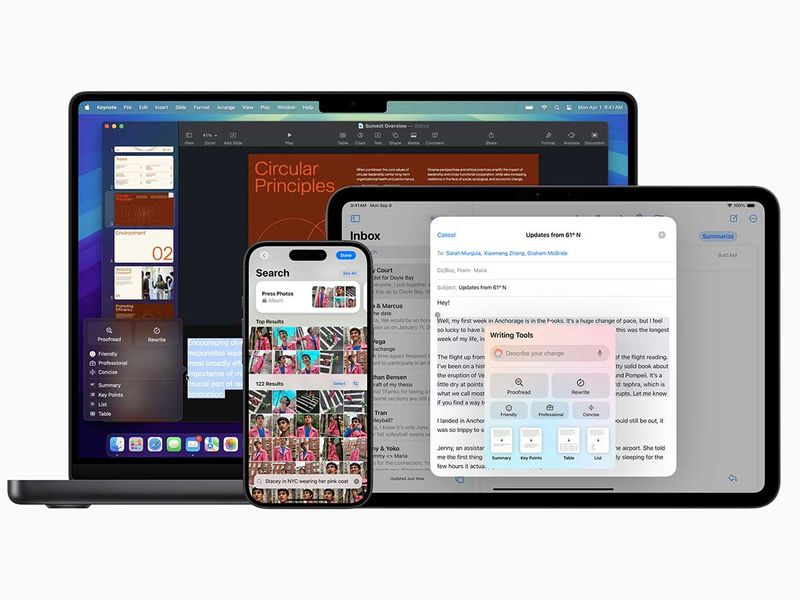
#3. Impacting innovation:
Critics argue that Apple’s practices stifle innovation, not just in app development but also in emerging areas like automotive technology. For instance, Apple’s CarPlay system is said to prioritise iPhone-centric experiences, potentially disadvantaging competitors.
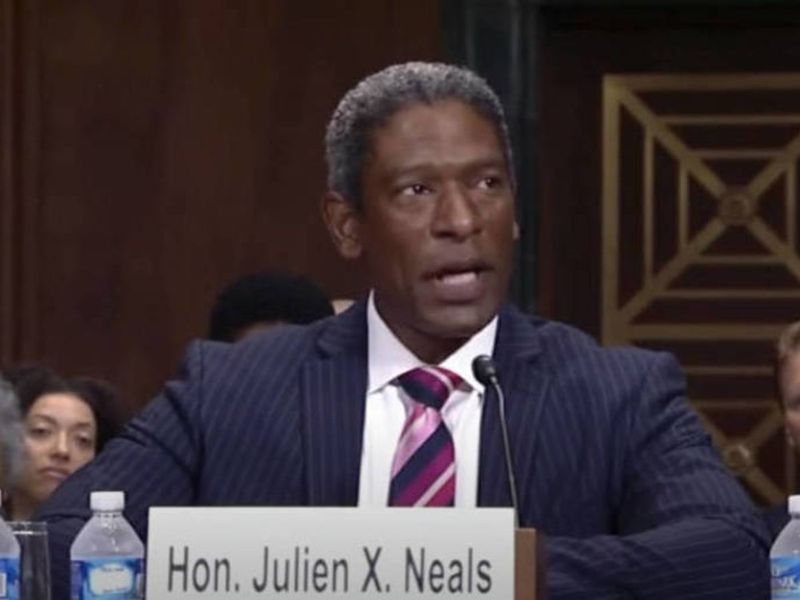
• In April 2024, Judge Neals took over the case from Judge Michael E. Farbiarz, who determined his “recusal is necessary” under the code of conduct for US Judges.
• On Thursday (November 21, 2024) Apple’s lawyers urged Judge Neals to dismiss the DOJ’s antitrust lawsuit, arguing it fails to demonstrate how the company's alleged monopoly harms consumers or developers.
• Judge Neals received a Bachelor of Arts from Morehouse College in 1986. He received a Juris Doctor from Emory University School of Law in 1991. From 2006 to 2014, Neals worked for the City of Newark. He served as Chief Judge of the Newark Municipal Court from 2006 to 2008, as Corporation Counsel from 2008 to 2010, and as Business Administrator from 2010 to 2014.
• Afterward, he became County Counsel for Bergen County, a position he held from January 2015 until his confirmation as a federal judge in 2021.
#4. Global regulatory scrutiny:
The DOJ’s lawsuit aligns with similar antitrust investigations against Apple worldwide. Regulatory bodies are examining Apple’s practices for potentially harming competition and raising prices for consumers. Apple is facing legal challenges not only in the US but also globally – particularly in the EU.
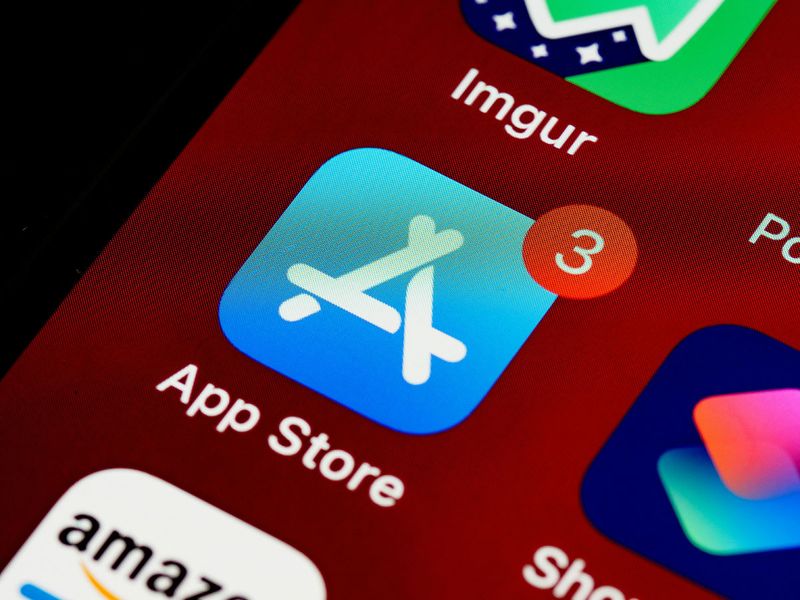
Apple's App Store policies have prompted antitrust complaints in several countries. For example, under the EU’s Digital Markets Act (DMA), Apple is required to change its app store practices to allow more competition. The EU is investigating whether Apple's control over app distribution and payment systems within its ecosystem constitutes monopolistic behaviour.
#5. Apple’s defence:
Apple has strongly defended its practices, and disputes the DOJ’s claims. Its arguments are roughly based on the following:
Flawed interpretation of business model: Apple's lawyers argued that the DOJ case is based on a flawed interpretation of its business model and that its focus on user experience, privacy and security justifies its actions. It claim that its business practices, while stringent, foster innovation and enhance security rather than stifling competition.
Security card: The company also claims that changes to its systems, such as making iMessage available on Android, would pose security risks. The company states that forcing "interoperability" or changes in its "ecosystem' could compromise device security and privacy.
Consumer choice and innovation: Apple emphasises that its ecosystem is built to provide seamless integration and security for users. The company argues that its decisions — such as restricting certain apps or limiting cross-platform functionality—are designed to protect customer data and ensure quality, not to harm competitors, as per Apple Insider.
Market Competition: Apple refutes allegations of monopolistic behavior by highlighting competition in the smartphone market. It points to strong competitors like Android and various third-party app stores, arguing that consumers have multiple choices for devices and services, as per MacRumors.
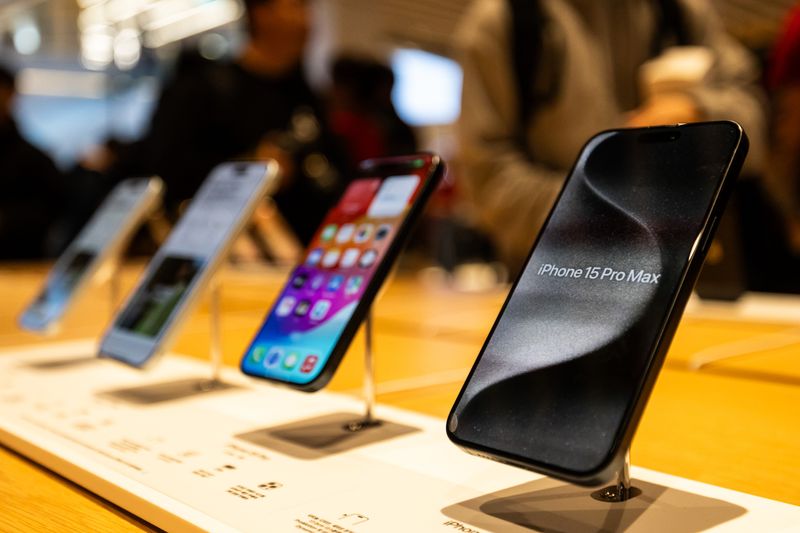
Developer Ecosystem Support: Apple asserts that its App Store policies, including fees and review processes, are necessary to maintain security and provide a reliable marketplace. The company defends these policies as standard practices that benefit developers and users alike.
Rejection of DOJ's Claims: Apple disputes the DOJ’s assertions that its policies limit interoperability and inflate costs for consumers and developers. It views the lawsuit as an overreach that misunderstands the nature of digital ecosystems and their benefits.
Apple has also criticised the DOJ's proposed remedies, such as mandating changes to its App Store policies or enabling alternative payment systems, as potentially harmful to the customer experience and security.
This case is pivotal for Apple's operations and the broader tech landscape, as it could redefine how digital ecosystems and app marketplaces are regulated in the future.
How the case will evolve depends on upcoming court rulings and whether Apple can convince the judges that its practices are justified.
Primarily championed by the European Union (27 countries), this is a regulation requiring electronic devices, such as smartphones, tablets, and laptops, to be equipped with a USB-C charging port.
The move aims to reduce electronic waste and simplify charging standards across different devices. Laptops will be included by 2026.
Other countries/states regions that followed USB-C mandate include: India, Saudi Arabia, Taiwan, California.






